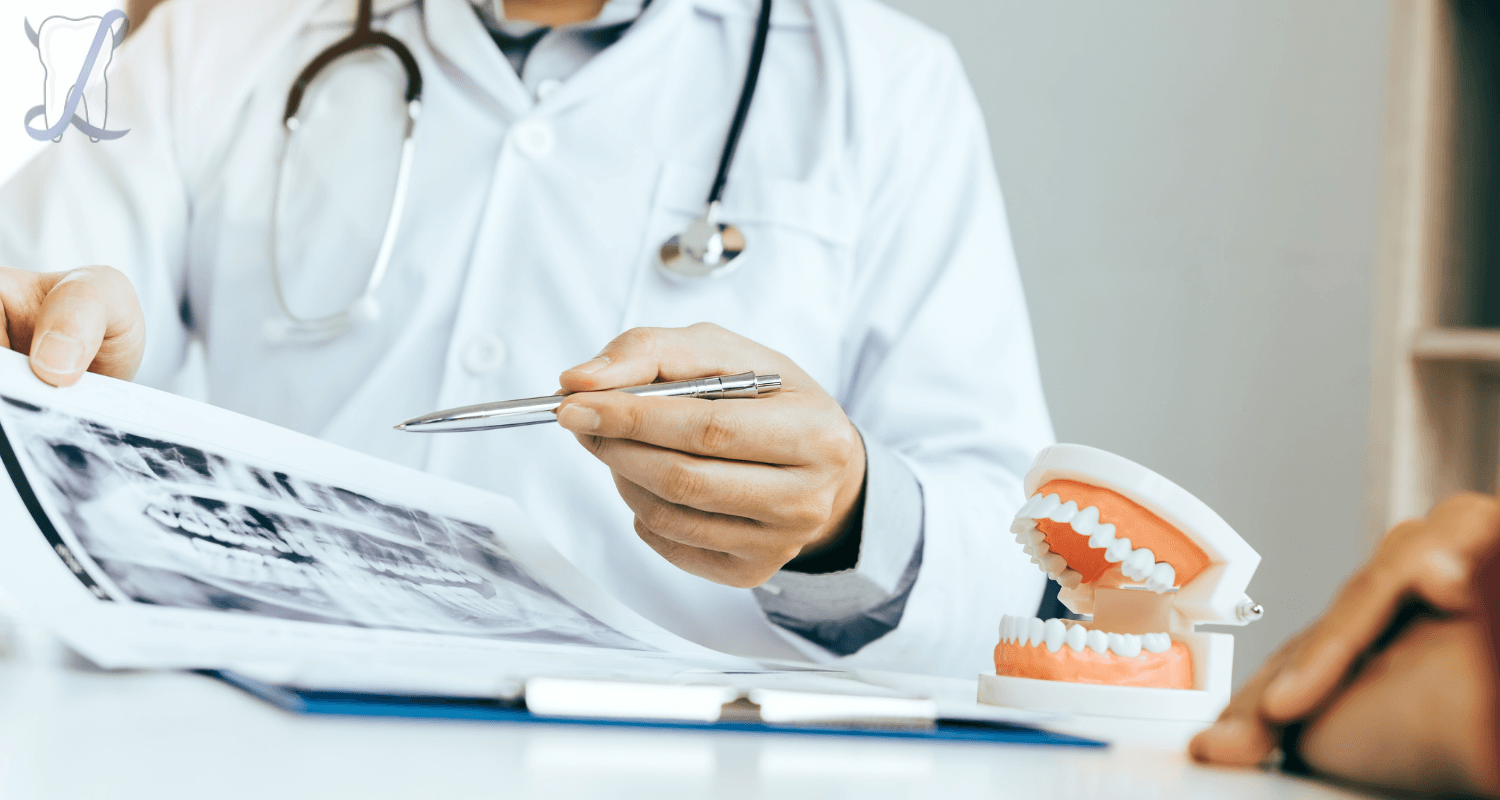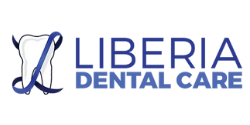Tooth Extraction
While restoring a tooth is always the preferred course of action, sometimes tooth extraction is the best option to avoid further complications.

While restoring a tooth is always the preferred course of action, sometimes tooth extraction is the best option. For example, tooth extraction is the only option for wisdom teeth that lodge themselves into your gums and press against your other teeth. Tooth impaction is likely to occur which causes issues like decay and gum disease.
When to Consider a Tooth Extraction
Removal becomes necessary when the tooth damage is beyond the reach of other repair options.. For instance, sometimes decay is so advanced that any attempt to save the tooth would only worsen the situation. The same goes for impacted wisdom teeth, which can only be resolved through tooth extraction.
How Tooth Extractions Work
Tooth extractions are performed in two different ways. Teeth that are visibly above the gum line usually require a simple extraction. In other words, the tooth is pulled. Whereas, other situations may require the dentist to remove the tooth in pieces. This is known as a surgical tooth extraction.
What to Expect from the Extraction Process
After tooth removal, your gums will need ample time to heal. To aid the post-extraction healing process, your dentist will recommend avoiding smoking for at least 24 hours following the procedure. Additionally, do not drink from a straw and avoid overexertion.
He or she may also put you on a different diet, at least for the first one to two weeks after the extraction. Avoid brushing your teeth within the first 24 hours. Also, be sure to gently rinse after each meal to remove food particles. If a fever or non-stop bleeding occurs, contact your dentist or visit a hospital right away.
Our services
Share this page
Facebook
Twitter
LinkedIn
Pinterest
Reddit
WhatsApp
Email
Print
Learn More About Tooth Extractions Today
Liberia Dental Care offers an array of dental treatments to improve every patient’s oral health. Schedule an exam and consultation to learn about your current oral health and how to improve it.
